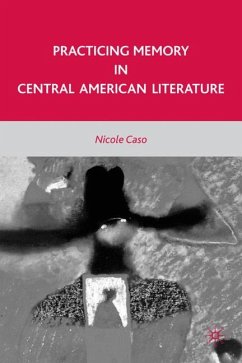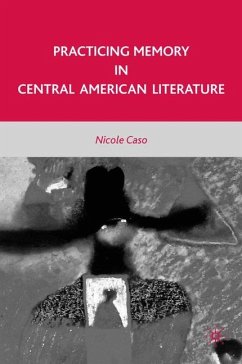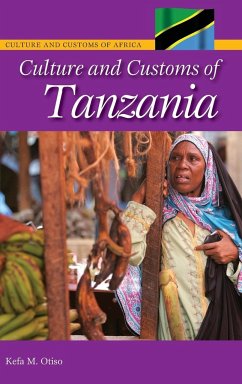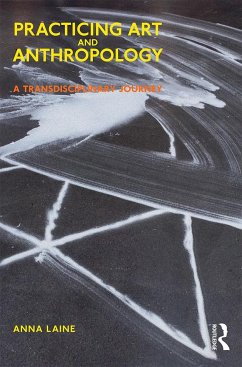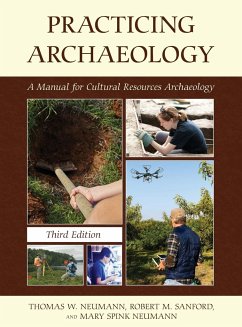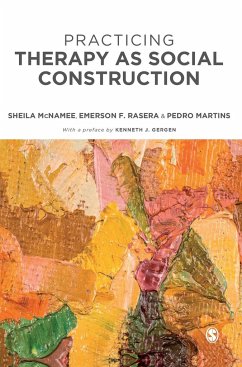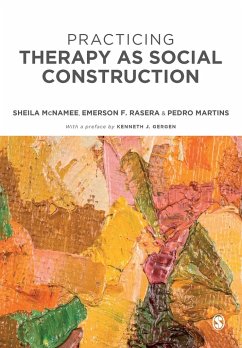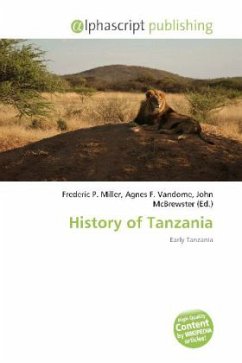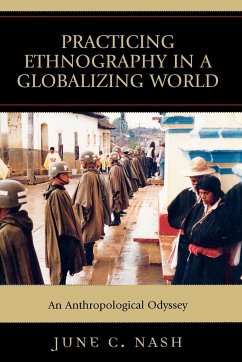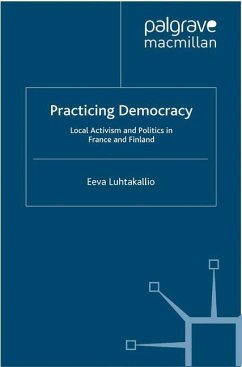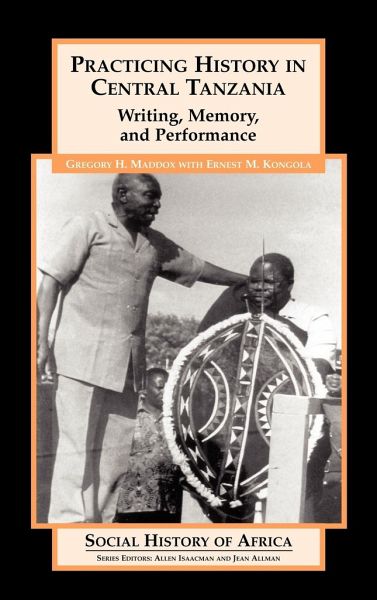
Practicing History in Central Tanzania
Writing, Memory, and Performance
Versandkostenfrei!
Versandfertig in 1-2 Wochen
87,99 €
inkl. MwSt.

PAYBACK Punkte
44 °P sammeln!
History is preserved by individuals. Ernest M. Kongola, a retired educator in living in Dodoma, Tanzania, has devoted much of the last twenty years to preserving the history of his people, the Gogo. He has produced seven volumes of clan histories, biographies, accounts of important events, and descriptions of customs and traditions. Maddox demonstrates how the past is constructed by critical actors like Ernest Kongola as part of an ongoing process of constructing the present. Kongola participates in the construction and maintenance of a truly post-colonial social order. His work as a public hi...
History is preserved by individuals. Ernest M. Kongola, a retired educator in living in Dodoma, Tanzania, has devoted much of the last twenty years to preserving the history of his people, the Gogo. He has produced seven volumes of clan histories, biographies, accounts of important events, and descriptions of customs and traditions. Maddox demonstrates how the past is constructed by critical actors like Ernest Kongola as part of an ongoing process of constructing the present. Kongola participates in the construction and maintenance of a truly post-colonial social order. His work as a public historian, as much as his written narratives, shapes the role of history in the region. In his projects, he seeks to harmonize three different visions of the past. One defines community created by ties of blood and located in a specific place. A second characterizes history as the development of the modern nation. The third sees history as the struggle to attain a state of grace with the divine. Kongola seeks to place his community, which he defines as family and tribe, within the context of the Tanzanian nation, within the moral and spiritual order of Christianity, and within a global society. By performing history as a public figure, he defines more than just himself and his place in the social order of modern Tanzania; he defines his class. He consciously seeks to redefine social norms and cultural practices and to regularize them with Christianity and secular nationalism. In doing so he participates in the creation of both a national, Tanzanian modernity and a particular, Gogo one.



